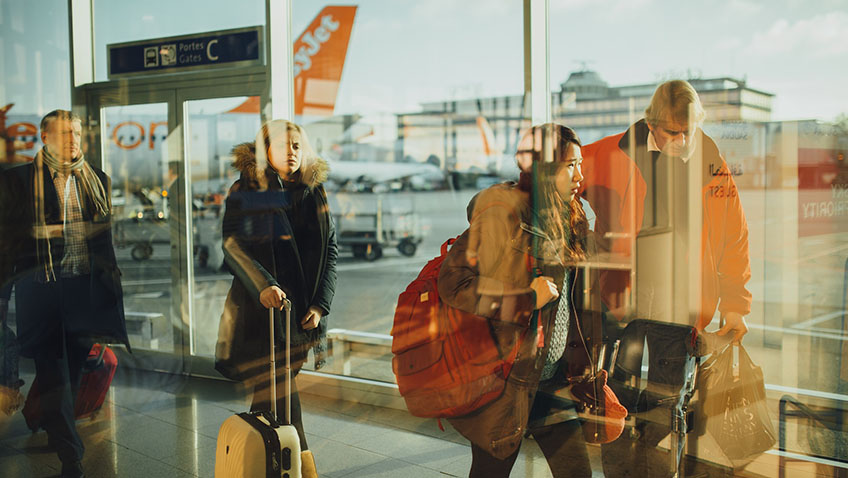As we get older it is unfortunately a fact of life that things start to go a little wrong, that parts of us don’t work as well as they used to do, and that we start to feel those aches and pains more than we did before.
As a result, more and more of us find that we are travelling with various pills and potions that we have either self-prescribed or have been prescribed by our doctor to help us with these problems.
But you need to be aware that just because a drug you have been prescribed is legal in the UK, it doesn’t necessarily mean it is legal in the country you are travelling to. It is therefore essential that you check the tablets and other drugs that you are taking before you travel to make sure that you don’t inadvertently break the law.
If you are a regular flyer, you will be well aware of the rules and regulations that relate to what you can and can’t carry in your hand luggage when it comes to liquids and other medicines. Generally speaking you are limited to bottles of 100ml maximum size, anything larger than this has to be placed in your case which is then carried in the hold of the airplane.
But what if you are travelling light and you need more than the 100ml to see you through the duration of your trip? If that is the case then you need to take proof that you need the additional liquids with you. This should be either a certified prescription or a medical letter that actually proves you need the additional medication.
Anything that you carry on your person, or within your luggage, is your personal responsibility. Therefore if you do need to travel with prescription medicine, make sure that what you are taking is legal in the country you are travelling to. This also applies to any countries that you may be travelling through on your journey and where you will face a customs border.
If you are diabetic and inject insulin, need to use an inhaler, or use oxygen on a regular basis, then you may need to get special permission to carry these items on board a flight, and you will almost certainly be asked to explain these items when crossing a customs border. If you are in this situation then the best advice is to notify your travel company or airline at the time of booking, giving you and them plenty of time to make the necessary arrangements to allow you to travel as free from interference as possible.
If you are prescribed what are known as “controlled medications” then in order to be able to take them out of the country you will need to apply for personal licence to do so. In order to obtain such a licence you will need to obtain a letter of support from your doctor detailing the medication you need, the dosage and the frequency you take the drug. You will need to do this at least 10 days before you travel, but it’s probably best not to leave it so close to your departure date to prevent any problems from occurring.
How do I check?
The rules and regulations about what and how much you can take with you are not uniform and each country will have their own guidelines that you must follow. To find out whether you can take your medicines or whether you need additional supporting documentation then you should check with the embassy of the country you are visiting who will be able to give you the necessary guidelines.
Other useful advice
If you travel with prescription medicine then other things to remember are as follows:-
- Make sure you have enough medication with you to cover the duration of your trip.
- Take some extra with you in case you are delayed or to cover you for emergencies.
- Take a copy of your prescription with you that will confirm you need to take the medicines that you are carrying.
- Split your medication between your travel bags – that way if your suitcase gets lost for example, you will have enough supply in your hand luggage to tie you over until you can get additional supplies.
So remember, it is your responsibility to make sure that what you carry is legal in the country you are visiting – so do your homework before you go and ensure that you are well prepared.




